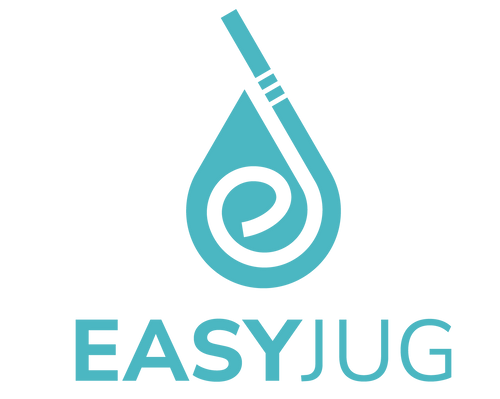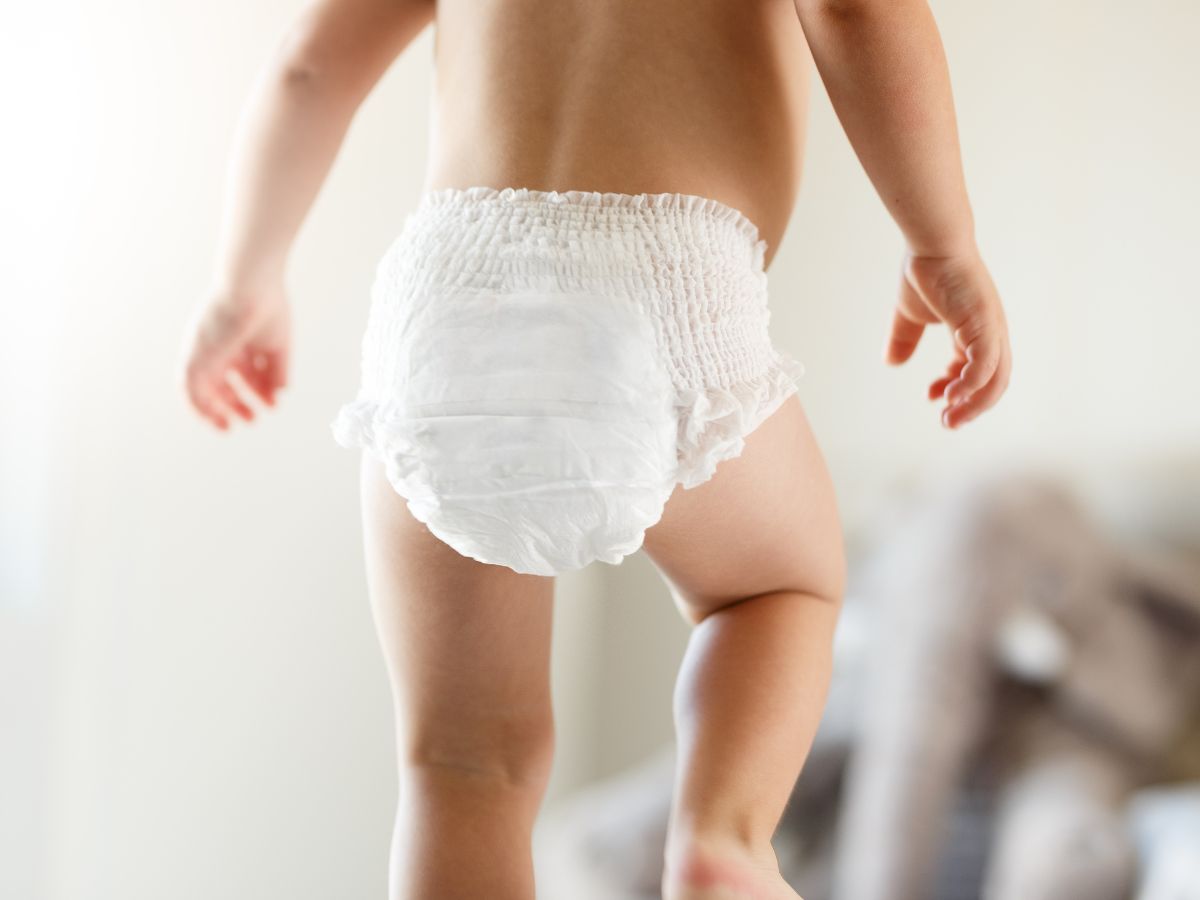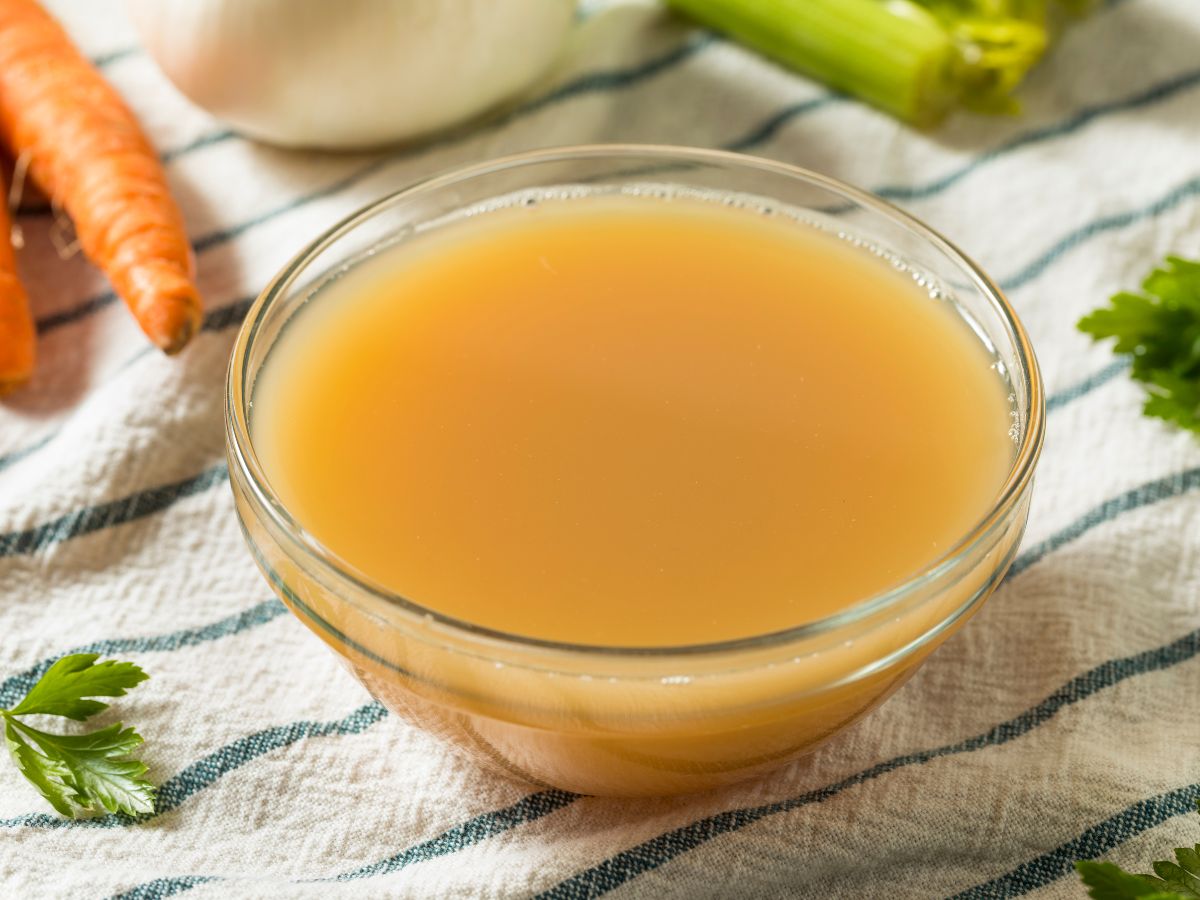As a new mom, you're on a beautiful journey of breastfeeding, filled with many questions about your little one's health and well-being. One common concern is baby diarrhea, especially in breastfed babies. Deciphering what's normal and what's not can be tricky, so let's dive into understanding the signs, causes, and when to seek medical attention for your baby's diarrhea.
What Does Normal Breastfed Baby Poop Look Like?
First, let's establish what's considered normal for breastfed baby poop. In the first few days of life, your baby will pass meconium—a thick, tar-like substance that transitions into a softer, mustard-like stool after the introduction of breast milk. Normal baby poop is usually a yellow or brown color with a pasty consistency that's been likened to cottage cheese or peanut butter. It's common for young infants to have frequent bowel movements, sometimes even after every feed.
Signs Your Breastfed Baby Might Have Diarrhea
Diarrhea in breastfed babies is usually marked by a change in the frequency and consistency of your baby's stools. If you're noticing more watery stools or a sudden increase in the frequency of bowel movements, it might be time to take a closer look. Loose stools that are more liquid than solid, often described as being as thin as water or fruit juice, could be a sign of diarrhea.

Causes of Diarrhea in Breastfed Babies
Many factors can contribute to a breastfed baby's diarrhea, including:
- Bacterial or Viral Infections: These can cause severe diarrhea and require prompt medical care.
- Introduction of New Foods: As you start introducing solid foods, your baby's stool may change. If solid foods are introduced too early, it can lead to diarrhea.
- Lactose Intolerance or Milk Allergy: Some babies have trouble digesting lactose or cow's milk protein, leading to diarrhea.
- Iron Supplements or Infant Formula: If you're supplementing with iron or formula, this can sometimes cause a change in stool consistency.
- Antibiotics or Other Medications: If your baby is on medication, this can affect their gut flora and stool consistency.
When to Worry About Diarrhea in Breastfed Babies
While most causes of diarrhea are not severe, there are certain warning signs you should never ignore:
- Signs of Dehydration: If your baby has sunken eyes, fewer wet diapers, or is crying without tears, they may be dehydrated and need medical attention.
- Persistent or Severe Diarrhea: Diarrhea that lasts for more than a few days should be evaluated by a healthcare provider.
- Blood or Mucus in the Stool: This could be a sign of a more serious condition and warrants a visit to the doctor.
- Weight Loss or Poor Weight Gain: If diarrhea is causing your baby to lose weight or not gain weight appropriately, seek medical advice.
Navigating Newborn Diapers: What’s Normal for Your Little One
When you're a new parent, understanding what's normal for your newborn can be as challenging as it is essential — especially when it comes to diaper duty. Whether you have a breastfed or formula-fed baby, the number and type of dirty diapers they produce can be an early indicator of their well-being.
The Diaper Count
For both formula-fed and breastfed infants, the first few days after birth are all about the 'first poop', known as meconium. This tar-like substance is made up of amniotic fluid, mucus, skin cells, and other things ingested in utero. After meconium, the number of diaper changes can vary but typically, you can expect at least five to ten dirty diapers a day in the first month, which may include stools of different colors and consistencies.
The Rainbow of Newborn Stools
A baby's poop can come in a variety of shades and consistencies. Normal stools for a newborn can range from yellow and seedy to green or even brown. Formula-fed babies may have firmer, tan-colored stools compared to their breastfed counterparts. While white poop can be a sign of a medical condition and red baby poop could indicate the presence of blood, small streaks of red are not uncommon in a newborn's stool due to minor anal fissures from straining.

When Diaper Content Signals Concern
Fewer bowel movements than expected can be a sign of dehydration or a need for more fluid intake, especially if the baby is primarily consuming dairy products like formula. Conversely, watery poop might suggest an excess of fluid, a viral or bacterial infection, or sensitivity to something in the baby's diet, such as a food allergy. It's important to monitor for these signs and consult a healthcare provider if you notice any abrupt changes or if your baby exhibits symptoms like abdominal pain or signs of an intestinal infection.
The Most Important Thing
The most important thing to remember is that while there's a wide range of 'normal', you know your baby best. If you're in the United States, regular well-baby visits are a good time to discuss what's typical for infant stool and address any concerns about potential medical conditions. Trust your instincts—if your baby's diapers are consistently deviating from what's normal for them, it's worth a conversation with your pediatrician.
Managing Diarrhea in Breastfed Babies
If your baby is experiencing mild diarrhea, here are some steps you can take:
- Continue Breastfeeding: Breast milk is the best source of nutrition and can help fight infection.
- Hydration: Offer extra breast milk to ensure your baby stays hydrated. For severe dehydration, a pediatrician may recommend an oral rehydration solution.
- Diaper Care: With increased bowel movements, your baby's bottom may become sore. Change diapers frequently, and use warm water for cleansing to prevent diaper rash.
The Crucial Role of Hydration for the Breastfeeding Mom
As a new mom, you're likely focused on ensuring your baby's health and nutrition, especially when deciphering the mysteries of baby's poop. But here's a vital piece of the puzzle: your own hydration. It's not just about the baby's diet; your intake of fluids is paramount.
Why Hydration Matters for You and Your Baby
When breastfeeding, your body requires extra water. Breastmilk is 80-90% water and your milk is your baby's primary source of nutrition. Without enough fluids, your milk supply can be impaired, affecting the baby's diet and potentially leading to signs of dehydration in both of you.
Hydration Helps Combat Health Issues
Adequate fluid intake is essential for preventing health conditions that can affect lactating moms, such as headaches, body aches, constipation, or fatigue. If you're taking an iron supplement, which can cause constipation, extra fluids can keep things moving smoothly for you.
Diaper Tales: What Your Baby's Output Tells You
As a mom, you'll become an expert in baby's stools, which can range from the mustard-yellow of the breastfed baby to the transitional stool that comes with the introduction of solids, and even the green baby poop that can signal an excess of foremilk. Runny stools or watery bowel movements in your baby's diaper could be signs of diarrhea, often stemming from viral infections, food intolerance, or even the result of sugary drinks and food poisoning in older children.
For new parents, understanding the most common causes of changes in a baby's poop—from the first black, tarry meconium to the different colors and consistencies as they grow in months of age—is crucial. And while a formula-fed baby's poop might differ from that of a breastfed baby, hydration remains a key aspect for all young children.

Keeping Hydrated: Practical Tips for Breastfeeding Moms
- Drink Extra Water: Aim for at least 16-19 glasses a day. We recommend using EasyJug to support your hydration needs.
- Eat Hydrating Foods: Incorporate fruits and vegetables high in water content into your diet.
- Avoid Dehydrating Drinks: Minimize caffeine and sugary drinks, which can lead to dehydration.
- Listen to Your Body: Thirst is a late sign of dehydration, so drink fluids throughout the day before you feel thirsty.
Introducing EasyJug: The Ultimate Hydration Companion for Breastfeeding Moms
Elevate Your Hydration Game with EasyJug
Understanding the critical importance of hydration for breastfeeding moms, we're excited to introduce EasyJug — the first hands-free water bottle that seamlessly integrates into the life of a new mother. With a generous 2.2 Liter capacity, this BPA Free Water Bottle is meticulously engineered to support the increased hydration needs during pregnancy and breastfeeding.
Why EasyJug is a Game-Changer
While trendy 40 oz tumblers are popular, they fall short of the recommended 64oz - 96oz of water during pregnancy and up to 128oz while breastfeeding. EasyJug is designed to outperform these options, ensuring you meet your daily hydration goals without the hassle of frequent refills.
Designed for Bonding and Convenience
EasyJug's innovative external clip means your hydration is never out of reach, no matter the breastfeeding position or if you find yourself under a sleeping baby. The flexible straw, which clips securely to your clothing, allows you to sip effortlessly without interrupting those precious bonding moments.
Whether you're lying down for an all-night breastfeeding session, recovering from a C-section, or simply resting, EasyJug's design ensures easy access to hydration without having to change position. This feature is especially beneficial for reducing leg swelling often experienced in the later stages of pregnancy.

Conclusion
Understanding your baby's bowel movements is important for their health. If you're ever in doubt about your baby's stools, it's a good idea to consult your baby's healthcare provider. Remember, every baby is unique, and changes in the stool can be part of their normal growth and development. Trust your instincts, mama—you know your baby best!
Community & Support
We know the beautiful chaos of motherhood – the endless feedings, diaper changes, and sleepless nights. Amidst all this love and care, it's easy to forget about your own well-being. That's where EasyJug steps in – to make hydration a breeze for you.
Join our community of nurturing mothers and prioritize your health with EasyJug. Sign up now to receive exclusive tips on staying hydrated during your breastfeeding journey, along with special offers just for you.
Because when you take care of yourself, you can give your little one the best version of you. Let's hydrate together and thrive as moms!






